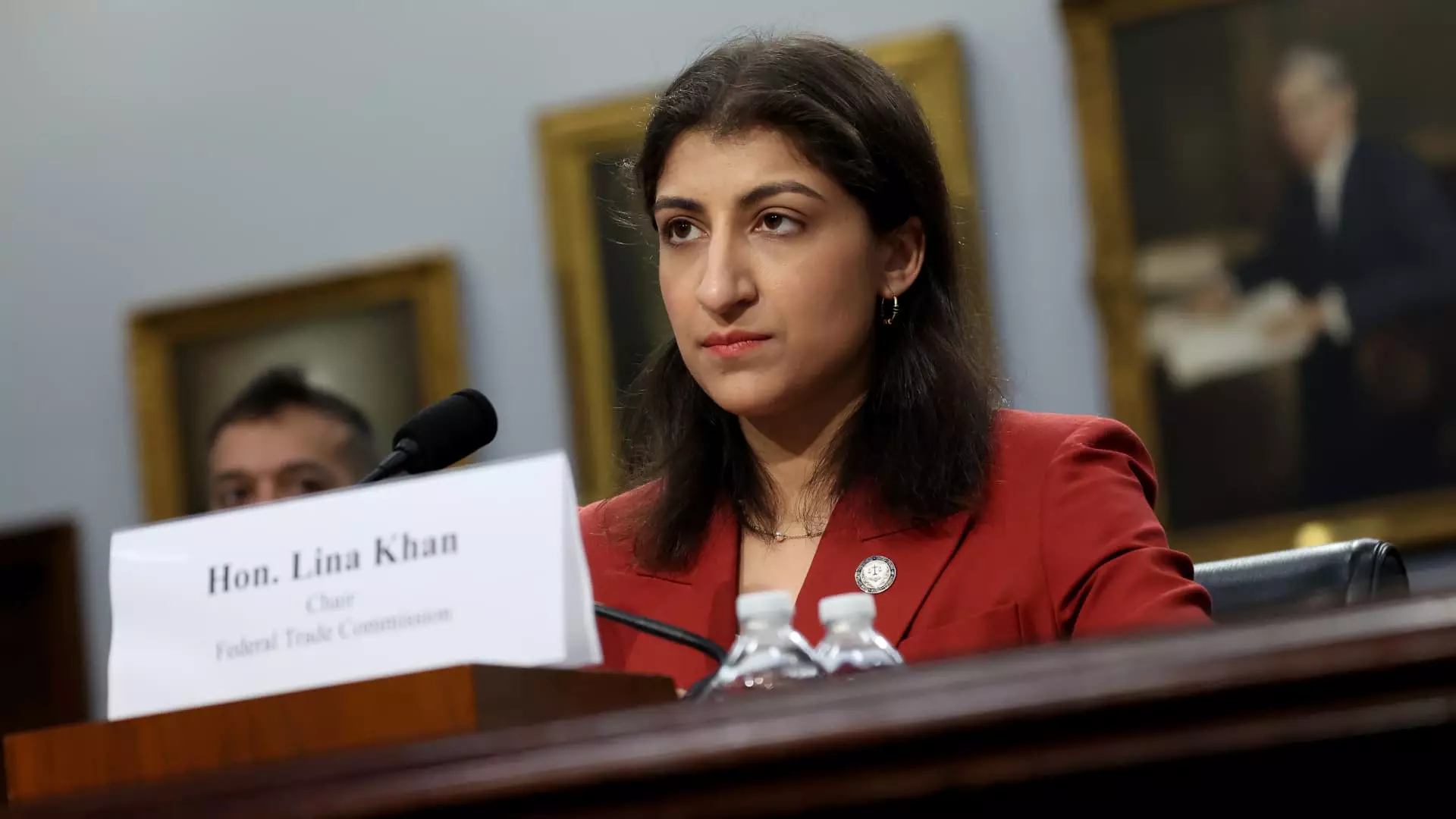The rising cost of insulin in the United States has become a significant issue primarily impacting those with diabetes, a chronic condition that demands a reliable supply of medication. In a recent legal initiative, the Federal Trade Commission (FTC) has taken a dramatic step to address this crisis by suing three major pharmacy benefit managers (PBMs) for their alleged role in inflating insulin prices. This article delves into the implications of the FTC’s lawsuit, examining the systemic problems related to drug pricing, and exploring how change can be achieved to ensure that life-saving medications remain accessible for all.
At the heart of the current insulin pricing controversy are the PBMs, specifically UnitedHealth Group’s Optum Rx, CVS Health’s Caremark, and Cigna’s Express Scripts. These companies effectively act as intermediaries in the prescription drug supply chain. By negotiating drug prices and managing formularies—lists of medications covered by insurance—they have enormous influence over how much patients ultimately pay for their medications. The FTC asserts that the practices employed by these PBMs are not just ineffective but detrimental, leading to inflated drug prices that patients are forced to bear.
The crux of the FTC’s argument lies in the assertion that PBMs have established a “perverse” rebate system where high list prices for insulin are prioritized in exchange for substantial rebates from manufacturers. This system, according to the FTC, conflicts with the ethical responsibility of these entities to prioritize patient welfare over profit margins.
The Impact on Patients
The consequences of this inflated pricing system are severe. The FTC estimates that approximately eight million Americans with diabetes rely on insulin, and many have had to ration their medication due to rising costs that drastically outpace inflation and wage growth. The effects of insulin rationing can be devastating, leading to serious health complications, emergency room visits, and even fatalities. The contradiction in the system is glaring: while the manufacturers hold significant market share and power, patients bear the brunt of financial burdens, often facing life-threatening outcomes as a result.
Moreover, President Biden’s Inflation Reduction Act, which caps insulin prices for Medicare beneficiaries, fails to extend protections to those with private insurance. This gap highlights the need for comprehensive reform that benefits all patients regardless of their insurance provider. The struggle for access to affordable insulin emphasizes a broader healthcare issue permeating the American medical system.
The FTC’s lawsuit represents a concerted effort to rectify the inequities in the system. It is particularly telling that the FTC has hinted at possible future litigation against major insulin manufacturers Eli Lilly, Sanofi, and Novo Nordisk for their contribution to escalating list prices. This reveals an underlying complexity in the pricing web, where both PBMs and manufacturers must be held accountable.
In response to the FTC’s claims, representatives from Caremark and Express Scripts have refuted the allegations, alleging that accusations against PBMs reflect an ideological bias. Express Scripts, in particular, has gone as far as to file a lawsuit against the FTC, signaling escalating tensions between regulatory bodies and powerful private corporations. Such legal skirmishes suggest that entrenched interests could create obstacles to reform efforts.
The necessity for transparency within the pharmaceutical pricing arena has never been clearer. The FTC’s investigation into PBMs began in 2022, revealing that complexities in pricing, rebates, and negotiations have obscured the true costs borne by patients. The current situation cries out for a systemic overhaul that prioritizes patient access over corporate profits.
Additionally, stakeholders—including lawmakers, health insurers, and consumer advocacy groups—must collaborate on crafting policies that ensure fair pricing mechanisms. This may involve stricter regulations governing the operations of PBMs and a re-evaluation of how drug manufacturers set prices.
As the FTC takes significant steps to address exploitative practices among the biggest players in the insulin market, the potential for transformative change looms large. The outcome of these legal proceedings could ripple through the healthcare industry, setting precedents that might finally break the cycle of rising drug costs.
The FTC’s lawsuit against the major PBMs is more than just a legal challenge; it is a pivotal moment in the fight for affordable healthcare in the United States. Millions of Americans depend on insulin, and a system that prioritizes profit over patient well-being cannot be allowed to persist. While challenges will undoubtedly arise from entrenched interests resistant to change, there is a growing consensus that reform is not just necessary — it is imperative to ensure that no one has to choose between financial stability and the medication that keeps them alive. The outcome of this situation could very well determine the future of drug pricing in the United States, representing a critical inflection point in healthcare policy.

